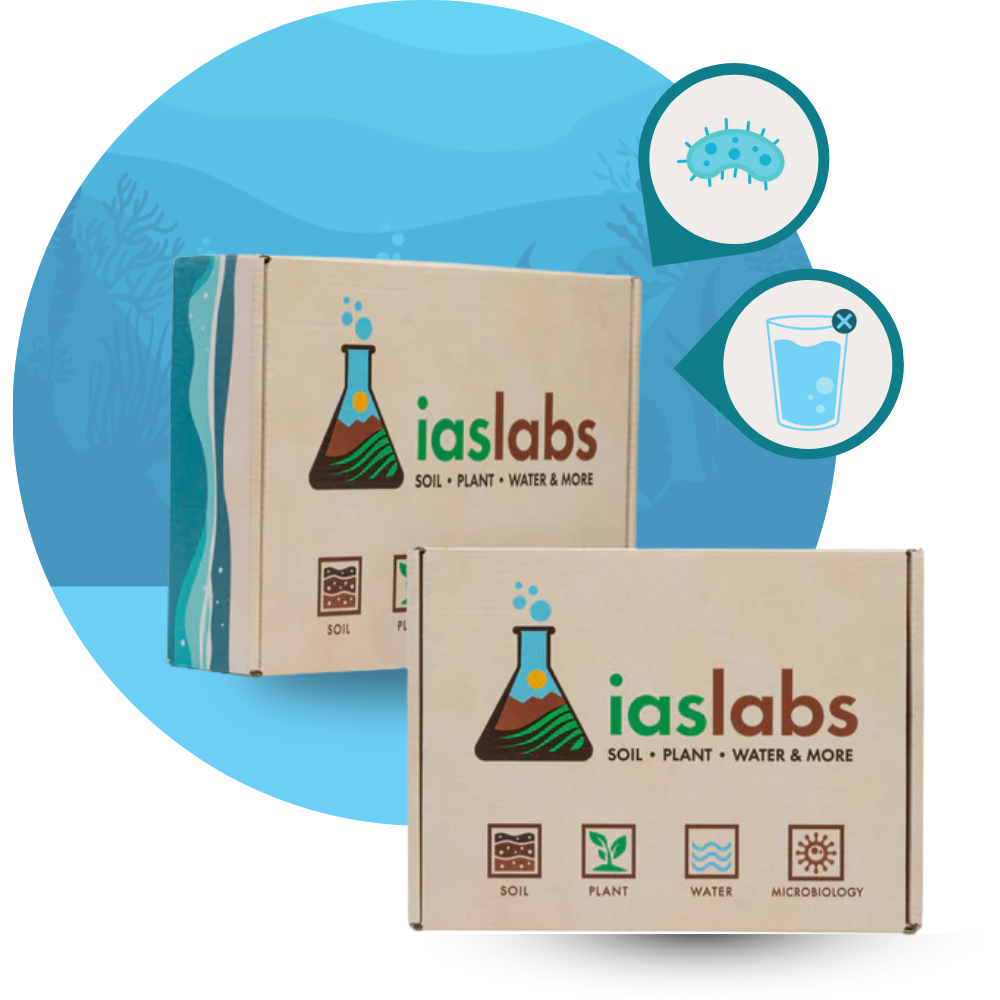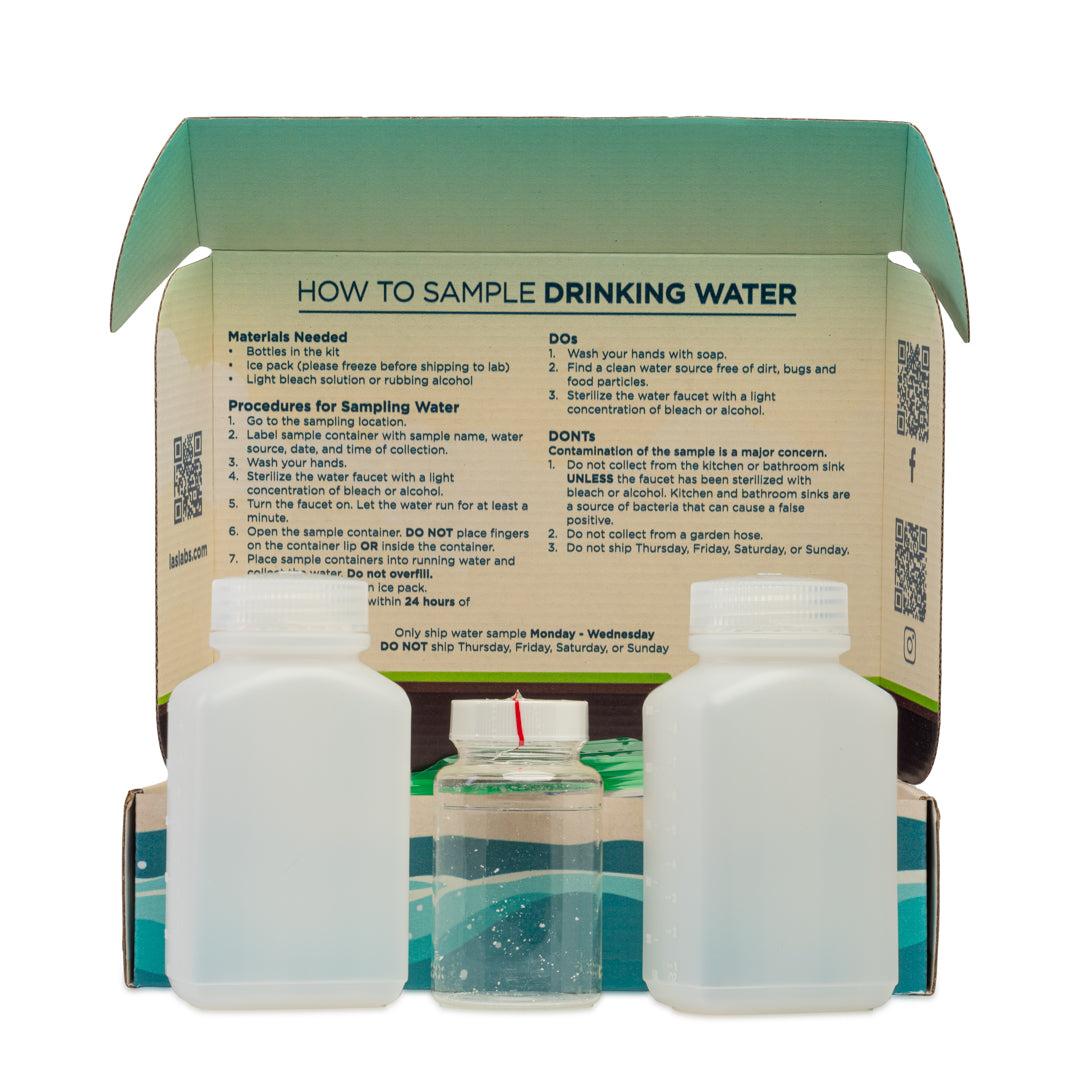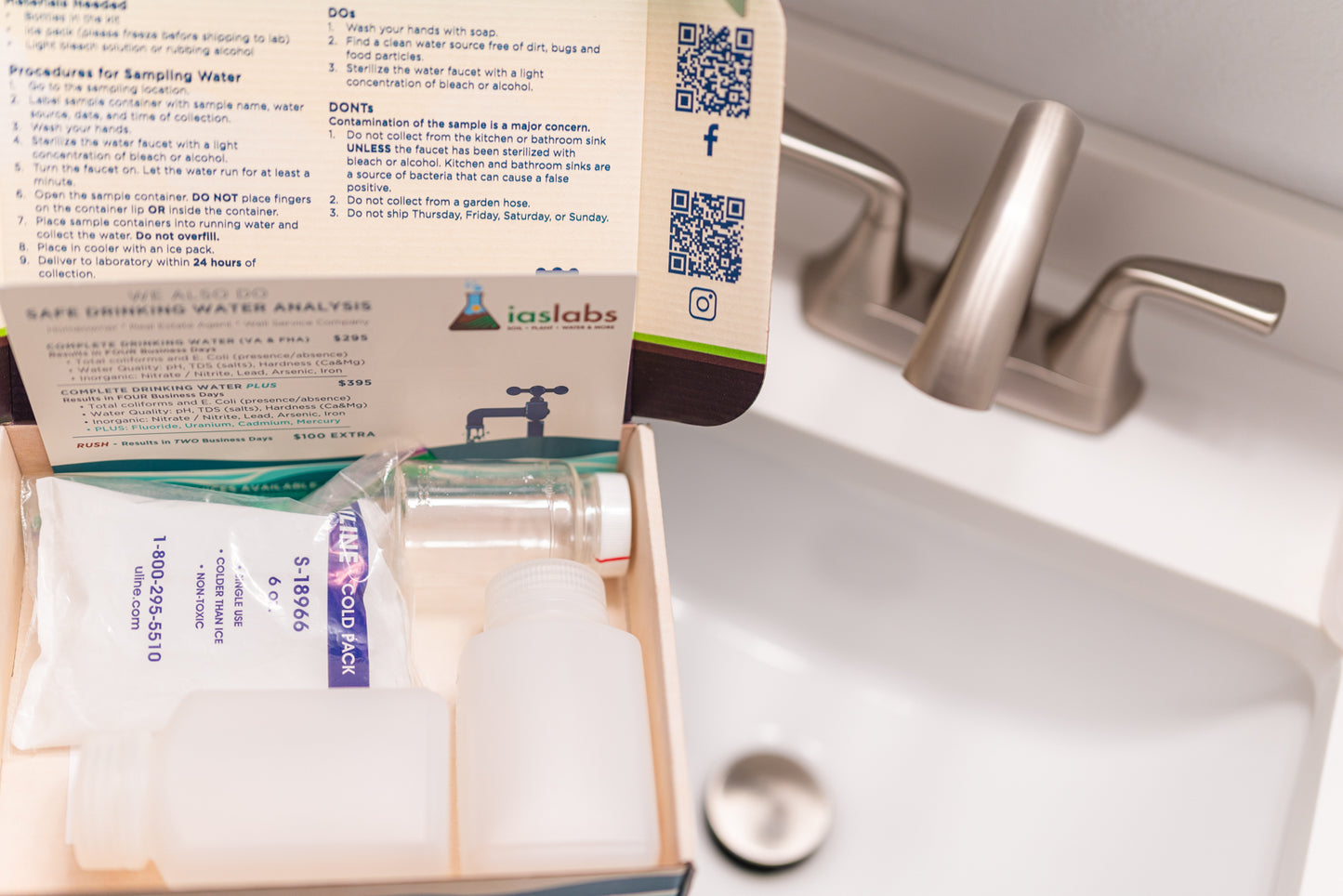Frequently Asked Questions
Understanding shouldn't be complicated. Don't hesitate to reach out via chat whenever you need assistance.
Support
Why should I test my soil before planting?
Testing your soil reveals the levels of key nutrients like nitrogen, phosphorus, and potassium—helping you know exactly what your soil needs to support healthy plant growth.
How are your soil reports customized for what I’m growing?
When you tell us what you’re planting, our lab generates tailored nutrient recommendations for your specific crop or garden - so you get actionable guidance, not just raw data.
What comes with the soil test kit?
Each kit includes a sample collection bag, instructions, and prepaid return shipping. After analysis, you’ll receive a lab-certified report with personalized recommendations.
How long does it take to get results?
You’ll receive your results via email within 3–5 business days after the lab receives your sample.
Who should use a soil test kit?
Anyone growing food or plants - home gardeners, farmers, landscapers, or greenhouse growers - can benefit from knowing their soil’s nutrient profile.
Can I use this kit for indoor or potted plants?
Yes! Just take a sample from the potting mix or container soil. Be sure it’s not freshly fertilized, and if the pot is small, take samples from multiple containers and combine them.
Fun Facts About Soil Health
These quick facts will surprise you—and help your plants grow better from the ground up!
Shop Now
Most plant problems start below the surface.
Nitrogen is key for leafy growth. Too little = yellowing leaves. Too much = lots of leaves, but weak fruit or blooms. Balance is everything!
Nitrogen gives your plants their green.
Nitrogen is key for leafy growth. Too little = yellowing leaves. Too much = lots of leaves, but weak fruit or blooms. Balance is everything!
pH affects what nutrients your plants can actually use.
If your soil is too acidic or too alkaline, it can "lock out" nutrients - even if they’re present. Testing pH helps unlock your soil’s full potential.
Compost isn't always enough.
While compost adds organic matter, it doesn't always supply the right balance of phosphorus, potassium, or trace minerals needed for crops to thrive.
Different plants need different nutrients.
Tomatoes, lettuce, corn, and flowers all use nutrients differently. Our reports tailor recommendations based on exactly what you're growing.










